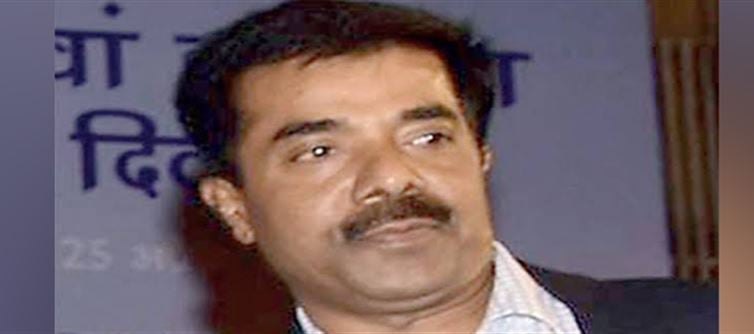
What’s even more shocking is that instead of being investigated or suspended, the officer in question has been promoted to the rank of Chief Engineer. This sends a deeply troubling message — that ill-gotten wealth and abuse of public office are not only tolerated, but rewarded in the current system. Promotions should be based on merit, transparency, and public service, but in such cases, they appear to function more like internal endorsements of corrupt conduct. For honest officers, this breeds disillusionment; for the public, it destroys faith in governance.
India is being hollowed out from within, not by enemies at the borders, but by institutional rot and greed entrenched in public service. When those in power manipulate the system to serve their personal interests — living luxuriously on the salaries meant for modest lives — the entire democratic foundation begins to crumble. Anti-corruption drives, income disclosure mandates, and vigilance departments exist in theory, but high-profile cases like these reveal the ease with which accountability can be dodged. Until there's real political will to cleanse the system, corruption will continue to cook the country from within.




 click and follow Indiaherald WhatsApp channel
click and follow Indiaherald WhatsApp channel